When summer heat becomes unbearable, investing in a good air conditioner becomes essential for maintaining a comfortable indoor environment. However, with the wide range of options available on the market today, it can be overwhelming to choose the perfect air conditioner. This article aims to provide you with a comprehensive guide to selecting the best air conditioner that suits your needs, based on factors such as energy efficiency, cooling capacity, noise levels, features, brand reputation, and pricing.
Understanding Air Conditioner Types
To make an informed decision, it’s crucial to understand the different types of air conditioners available:
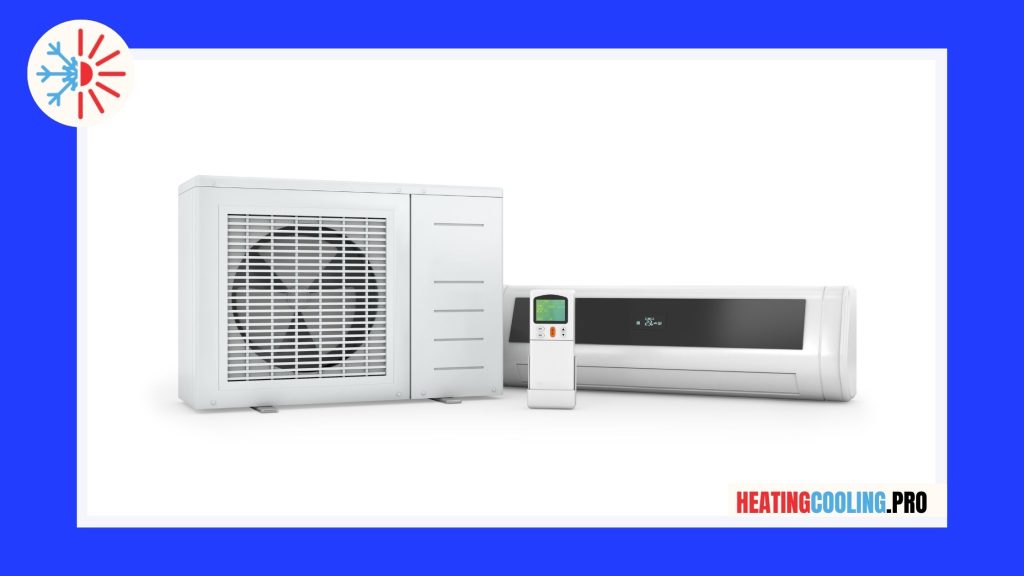
- 1. Window Air Conditioners: Window air conditioners are installed in a window frame or a hole made in a wall. They are cost-effective and suitable for cooling single rooms or small spaces. However, they may not be the most aesthetically pleasing option and can obstruct natural light.
- 2. Split Air Conditioners: Split air conditioners consist of two units: an indoor unit and an outdoor compressor. They offer efficient cooling for larger areas, are relatively quiet, and provide flexibility in terms of installation. Split systems are more expensive than window units, but they offer better aesthetics and energy efficiency.
- 3. Portable Air Conditioners: Portable air conditioners are versatile and easy to move from room to room. They require minimal installation and are ideal for renters or those who don’t want a permanent cooling solution. However, they may be less efficient and noisier compared to window or split units.
- 4. Ducted Air Conditioners: Ducted air conditioners are designed to cool an entire house or multiple rooms. They consist of a central unit connected to a network of ducts, distributing cool air throughout the space. Ducted systems are discreet, efficient, and provide zoned cooling. However, professional installation is required, making them more expensive initially.
How many BTU is a good air conditioner?
This is a difficult question to answer without knowing more about the specific application. In general, BTU is a measure of heat, and air conditioners are used to remove heat from a space. So, the higher the BTU rating of an air conditioner, the more heat it can remove from a space. However, there are many other factors that can affect how well an air conditioner cools a space, such as the size of the space, the climate, the type of insulation, and the type of windows.
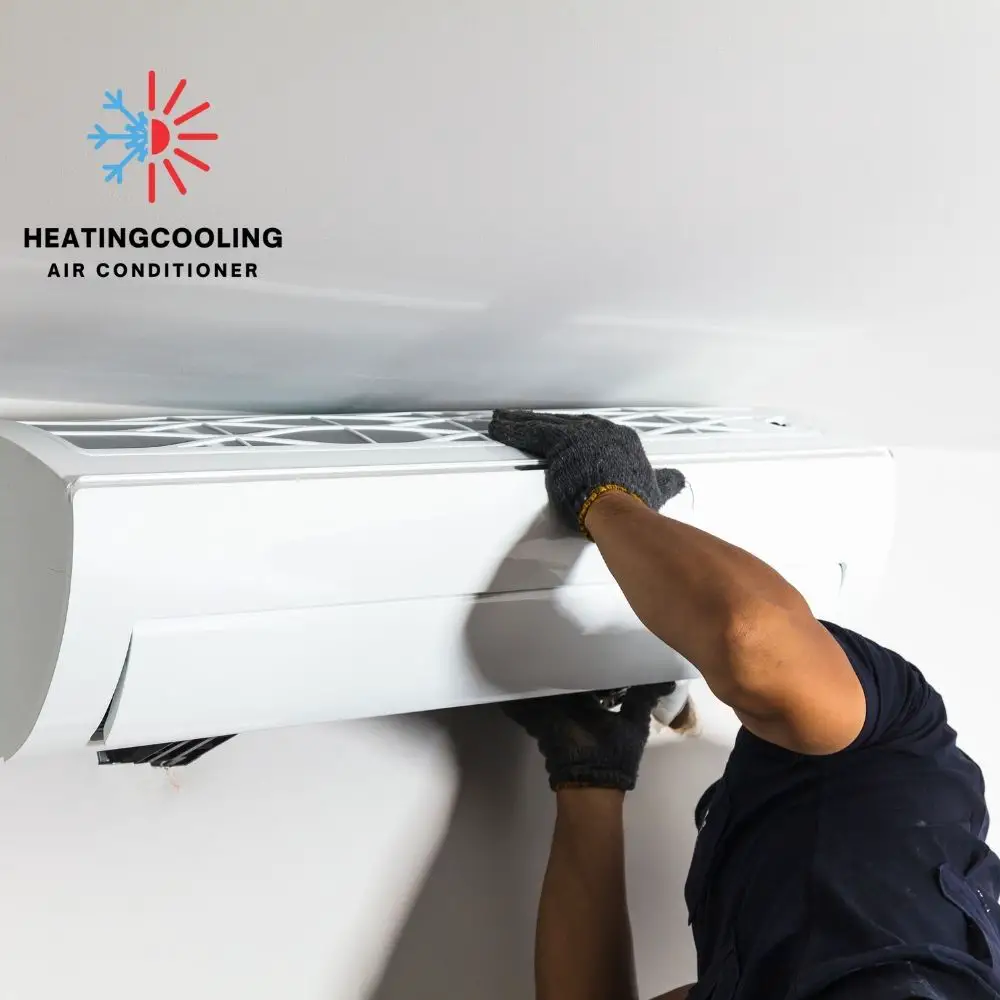
So, the best answer to this question is that it depends on the specific application. For a small room in a hot climate, a lower-BTU air conditioner may be adequate. But for a large room in a cold climate, a higher-BTU air conditioner may be needed.
How Many Btu Is Good For An Ac?
One Btu is the amount of energy required to raise the temperature of 1 pound of water by 1 degree Fahrenheit. This is also the amount of energy required to light a candle for 1 hour. Ac units are rated in Btu/hour. The amount of Btu needed for an ac unit varies depending on the size of the unit and the climate. A general rule of thumb is that a 12,000 Btu/hour unit is good for a room up to 500 square feet. If the room is larger, or in a colder climate, a larger unit will be needed.
How Do You Know What Size Air Conditioner To Buy?
The amount of cooling capacity you need in an air conditioner is measured in British Thermal Units (BTUs). One BTU is the amount of energy needed to cool or heat one pound of water by one degree Fahrenheit. So, the more BTUs an air conditioner has, the more it can cool.
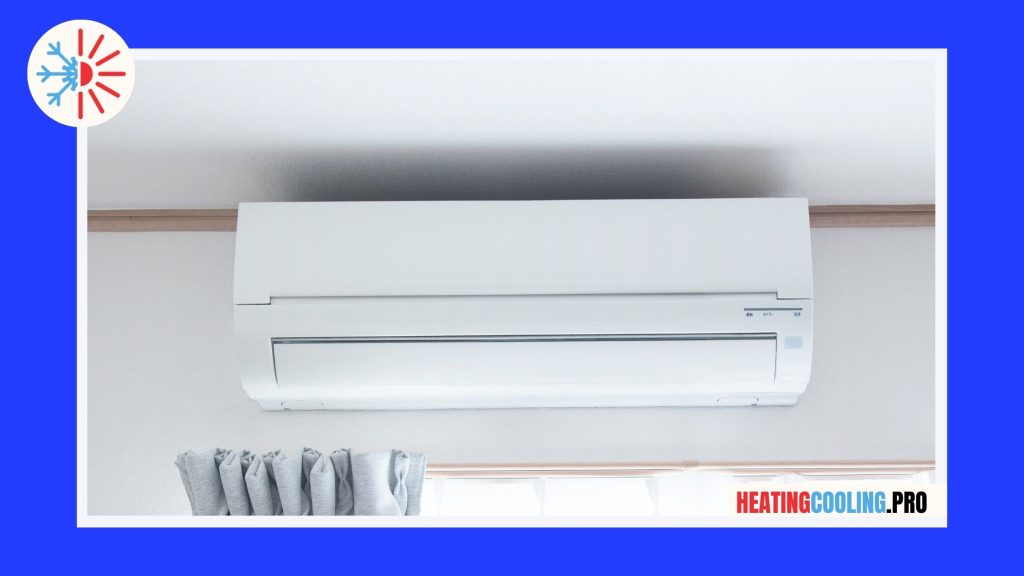
To determine the size of air conditioner you need, you’ll first need to calculate the square footage of the room or area you’re trying to cool. Once you have that number, use the chart below to find the size air conditioner you need.
- If your room is less than 150 square feet, you’ll need a unit with a cooling capacity of 5,000 BTUs.
- If your room is between 150 and 300 square feet, you’ll need a unit with a cooling capacity of 8,000 BTUs.
- If your room is between 300 and 400 square feet, you’ll need a unit with a cooling capacity of 10,000 BTUs.
- If your room is between 400 and 500 square feet, you’ll need a unit with a cooling capacity of 12,000 BTUs.
- If your room is between 500 and 700 square feet, you’ll need a unit with a cooling capacity of 15,000 BTUs.
- If your room is between 700 and 1,000 square feet, you’ll need a unit with a cooling capacity of 18,000 BTUs.
What Size Room Will A 24000 Btu Cool?
If you’re looking for an air conditioner to cool a large room, a 24000 BTU unit may be a good option. This size air conditioner can typically cool a room up to 1000 square feet. It’s important to note that the size of the room and the number of people in the room will affect the air conditioner’s ability to cool the space. Additionally, the air conditioner’s placement in the room will also play a role in its cooling ability.
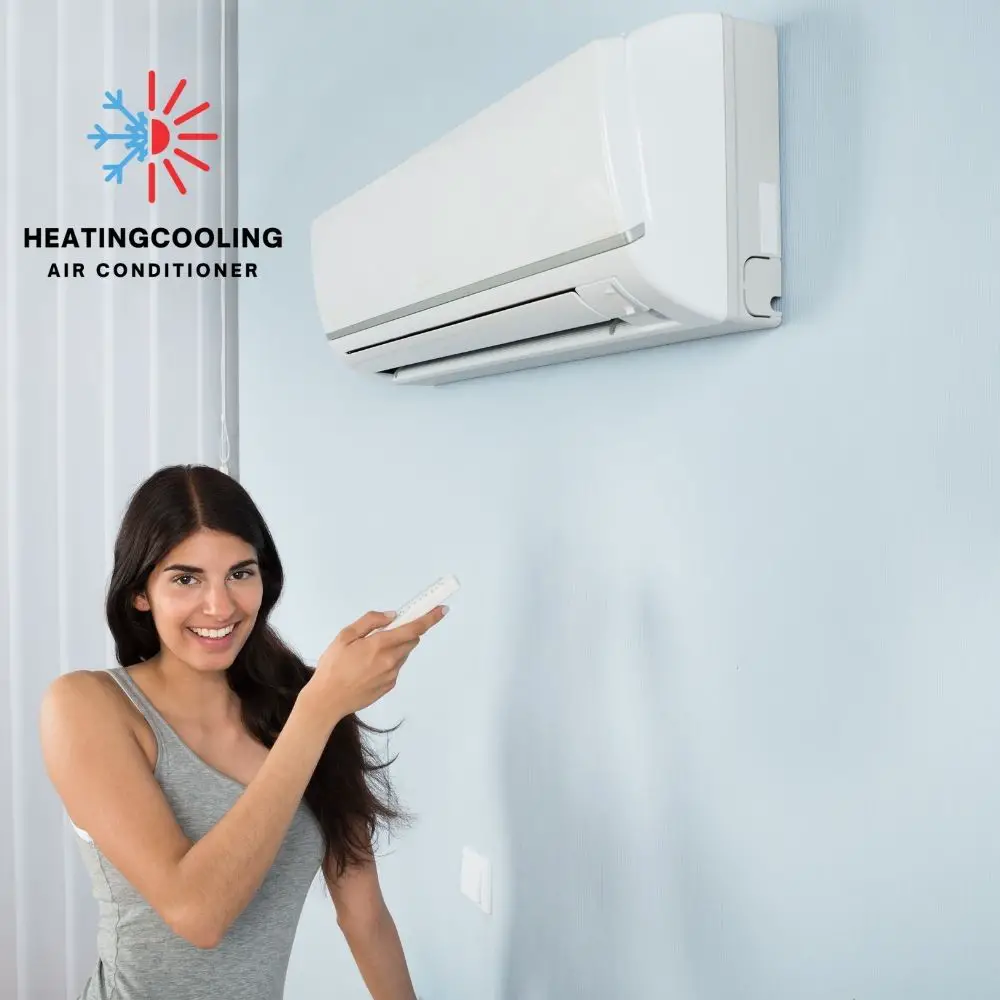
Units that are placed in direct sunlight or close to a heat source may not be as effective at cooling the space, In fact, they may actually make the space hotter. Window air conditioners are designed to pull in cooler outdoor air to use as a cooling agent. If the unit is placed in a direct sunlight or near a heat source, the incoming air will be much hotter than the desired indoor temperature. This can cause the unit to work harder to reach the desired temperature, and in some cases, it may not be able to reach the desired temperature at all. To get the most out of your window air conditioner, it is important to place it in a location where it will receive adequate airflow and where it will be exposed to as much cooler outdoor air as possible.
What Size Room Will A 12000 Btu Air Conditioner Cool?
A 12000 BTU air conditioner is designed to cool a room that is up to 550 square feet in size. If your room is larger than 550 square feet, then you will need to purchase a unit with a higher BTU rating in order to adequately cool the space.
What Size Room Will A 18000 Btu Air Conditioner Cool?
A room that is approximately 350-400 sq.ft. will be cooled by an 18,000 Btu air conditioner. This is a general estimate, as the size of the room and the amount of insulation will affect the actual cooling power of the air conditioner.
Determining Cooling Capacity
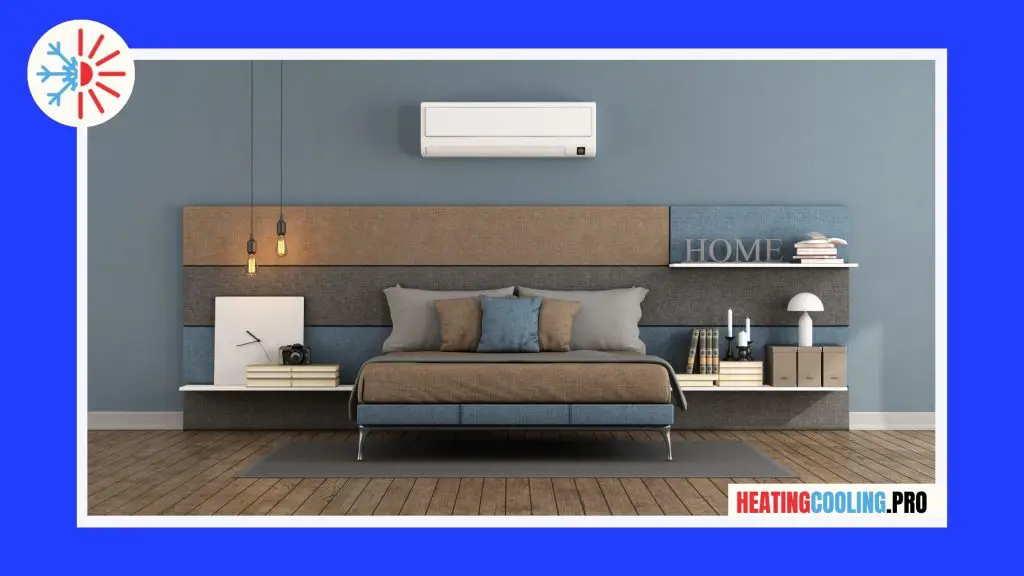
To ensure optimal cooling performance, it’s crucial to choose an air conditioner with the appropriate cooling capacity for your space. The cooling capacity is measured in British Thermal Units (BTUs) per hour. Here’s a general guideline:
– 5,000 – 7,000 BTU: Suitable for small rooms (up to 250 square feet).
– 8,000 – 12,000 BTU: Ideal for medium-sized rooms (250-550 square feet).
– 12,000 – 20,000 BTU: Recommended for larger rooms (550-1,050 square feet).
– 20,000+ BTU: Suitable for commercial spaces or open-plan areas.
Energy Efficiency
Energy efficiency is a crucial factor to consider when purchasing an air conditioner. Look for models with a high Seasonal Energy Efficiency Ratio (SEER) rating. The higher the SEER rating, the more energy-efficient the unit will be. Energy Star certified air conditioners are a reliable choice, as they meet strict standards set by the Environmental Protection Agency (EPA) for energy efficiency.
Noise Levels
Consider the noise levels produced by an air conditioner, particularly if you plan to install it in a bedroom or living area. Look for models with a low decibel (dB) rating, indicating quieter operation. Manufacturers often provide noise level information in product specifications, helping you compare different models.
Additional Features
Modern air conditioners come with various additional features that enhance convenience and comfort. Some features to consider include:
- 1. Programmable Thermostat: Allows you to set desired temperature preferences and schedule cooling cycles.
- 2. Remote Control: Enables easy adjustment of settings from a distance.
- 3. Sleep Mode: Automatically adjusts temperature and fan speed for a comfortable night’s sleep.
- 4. Air Purification: Filters or ionizers that remove allergens, dust, and odors from the air.
- 5. Dehumidification: Helps reduce excess moisture in the air, improving overall comfort.
Brand Reputation and Warranty:
Choose a reputable brand that has been in the market for a considerable period. Brands with a good reputation often produce reliable and durable air conditioners. Research customer reviews and ratings to gain insights into the brand’s performance, customer service, and product reliability. Additionally, ensure that the air conditioner comes with a comprehensive warranty that covers both parts and labor, protecting your investment.
Price Considerations
While price should not be the sole determining factor, it’s important to consider your budget and compare prices across different brands and models. Remember, investing in a slightly more expensive, energy-efficient air conditioner can yield long-term savings through reduced energy consumption and maintenance costs.
Conclusion
Selecting the right air conditioner is a significant decision that can greatly impact your comfort and energy efficiency. By considering factors such as cooling capacity, energy efficiency, noise levels, additional features, brand reputation, warranty, and pricing, you can make an informed choice. Remember to assess your specific needs and preferences to find the air conditioner that best suits your requirements. Stay cool and comfortable during the summer months with a well-chosen air conditioner!






